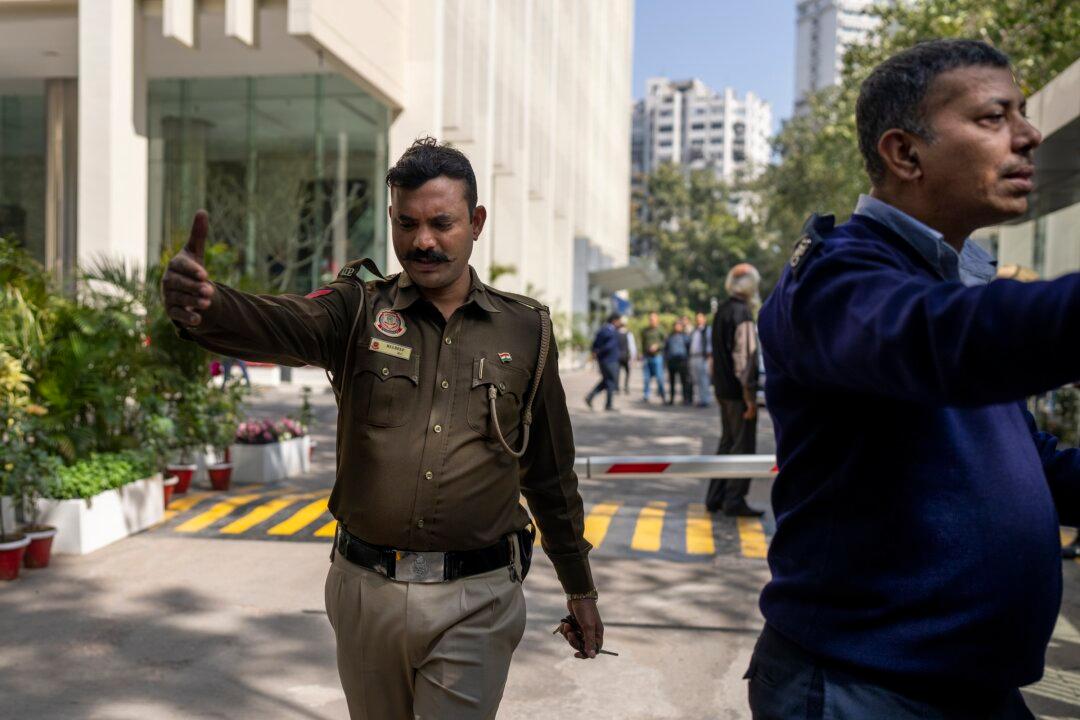India’s income tax officials searched the BBC India offices in Delhi and Mumbai on Tuesday, just weeks after the government blocked the airing of a BBC documentary about Prime Minister Narendra Modi.
The authorities conducted “surveys” on the UK-based broadcaster to probe its “violation of the transfer pricing rules and diversion of profits,” The Indian Express reported, citing government sources.





